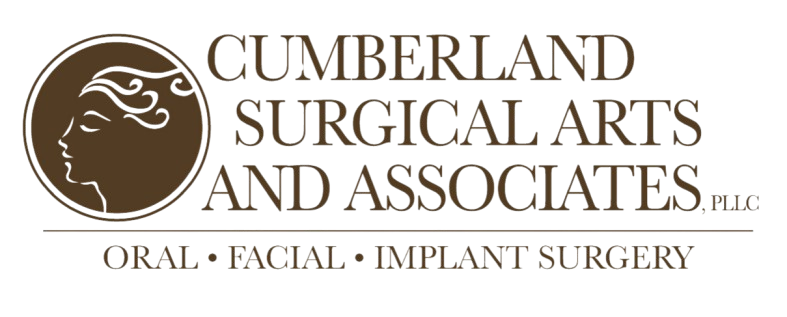There are lots of questions surrounding wisdom teeth, also known as third molars. While most people have wisdom teeth, they typically don’t feel them. Why is that? If you don’t feel them, why have them surgically removed? And, why are they called wisdom teeth in the first place?
At Cumberland Surgical Arts, we believe in educating our patients so that they can make fact-based decisions about their care and surgical plans. That’s why we developed the following quick-reference guide of the five must-know facts about your wisdom teeth.
-
What are wisdom teeth?
As the third and final set of teeth, wisdom teeth make up the last set of molars in the human mouth. For most people, these teeth start appearing in their late teens or early twenties. If the teeth are healthy and aligned properly, then they should pose no threat to the rest of the mouth. However, when the wisdom teeth are misaligned, they can become problematic. For instance, if they position themselves horizontally or are angled inward, outward, toward, or away from the second molars, they could crowd or damage adjacent teeth, the jawbone, or nerves. This is why many people choose to remove them before they become an issue.
-
If you don’t feel them, does that mean you don’t have them?
It’s common to not feel these teeth come in, which is why your doctor will take x-rays periodically. Once they do show up on the x-ray, your dentist can evaluate the positioning and alignment and then send you to an oral surgeon for further evaluation. If you choose to do the surgery while you are young and in good health, you may avoid a more painful and complicated extraction later on. In younger people, the roots of wisdom teeth are not yet fully developed and the bone is less dense, making removal easier. If the surgery is delayed until the patient is older, then recovery and healing time could be longer.
-
What’s an impacted tooth and is it dangerous?
Impacted wisdom teeth have not fully “cut” or erupted into the mouth because they are being blocked by other teeth. When there isn’t a direct opening to the mouth, painful inflammation and infection can develop. The American Association of Oral and Maxillofacial Surgeons reported that in 2014, about 90% of people had at least one impacted wisdom tooth. When there’s not enough space for the tooth to break through the gums, the chance for damage to other teeth can occur increases. If caught early, tooth extraction can decrease or eliminate the threat of damage from the impacted tooth.
-
Is the procedure to remove wisdom teeth painful?
We at Cumberland Surgical Arts work hard to see that you are comfortable. Most surgeries are performed in our office under IV general anesthesia, along with local anesthesia (numbing medicine). Your doctor will create a personal surgical plan to keep you comfortable, depending on the status of your wisdom teeth and any other medical conditions. Using advanced technologies for monitoring and a highly trained staff that is dedicated to being with you every step of the way, the procedure should not be painful.
-
Why are wisdom teeth called wisdom teeth?
Third molars are called wisdom teeth because of the age at which they grow in. Typically, third molars do not grow until the dental arch becomes larger, around the age of 17 to 25. Despite what every parent may think, this time of an individual’s life is referred to as the “age of wisdom.”
The earlier wisdom teeth are addressed, the better. We’ll work with you and your dentist to craft the best plan. Click here to schedule your appointment with Cumberland Surgical Arts today.
Locations
2285 Rudolphtown Rd Suite 200, Clarksville, TN 37043
Phone: (931) 552-3292
Email: cumberlandsurgicalarts@gmail.com
- MON - FRI8:00 am - 4:30 pm
- SAT - SUNClosed
- MON - TUE8:00 am - 4:30 pm
- WEDClosed
- THU8:00 am - 4:30 pm
- FRI - SUNClosed
- MON - TUEClosed
- WED8:00 am - 2:00 pm
- THU - SUNClosed









